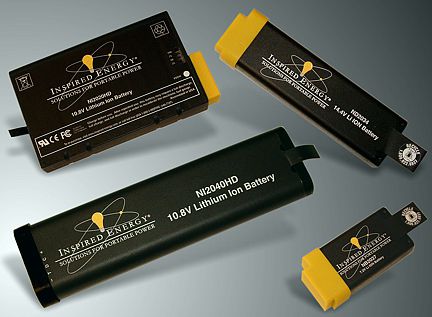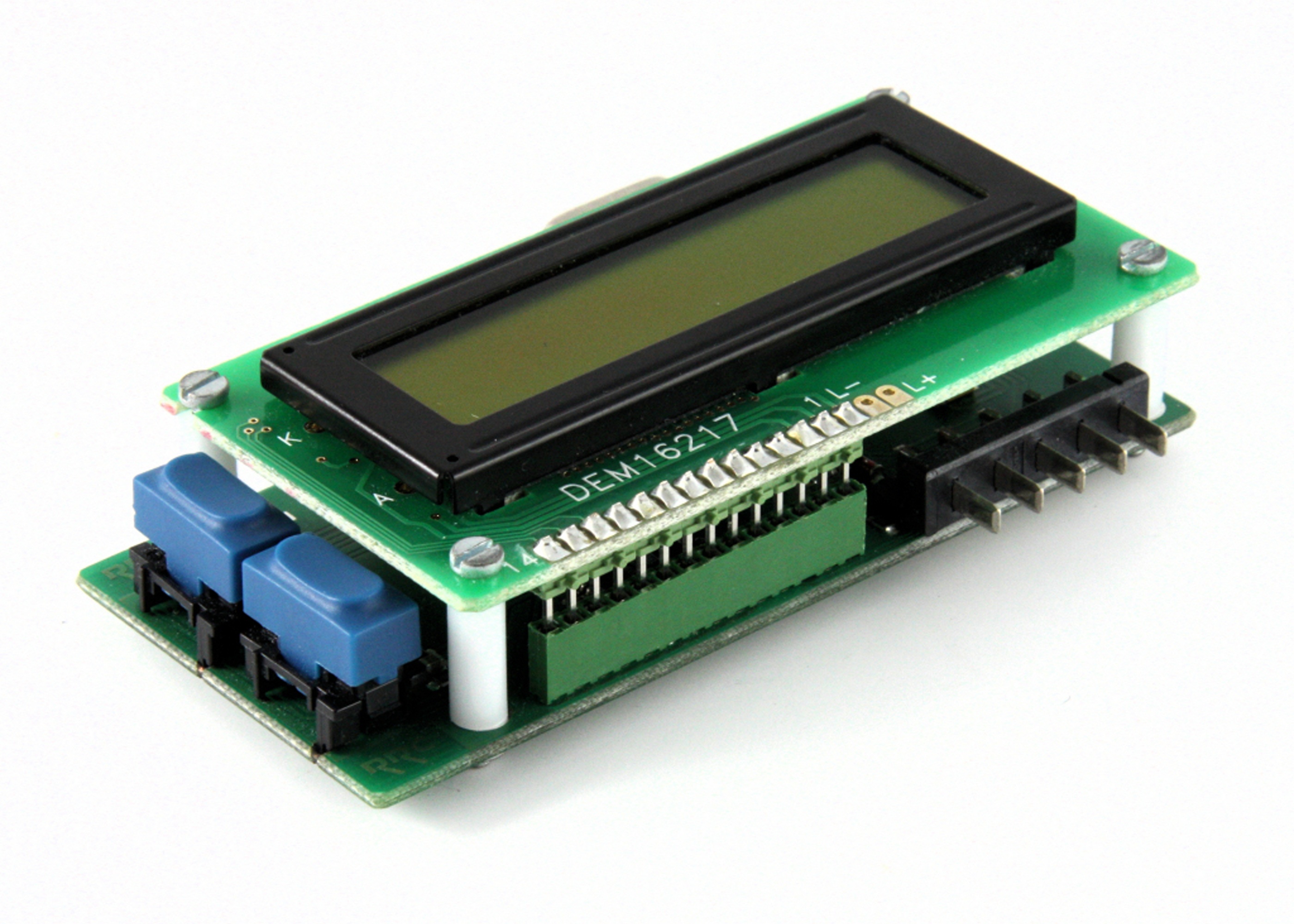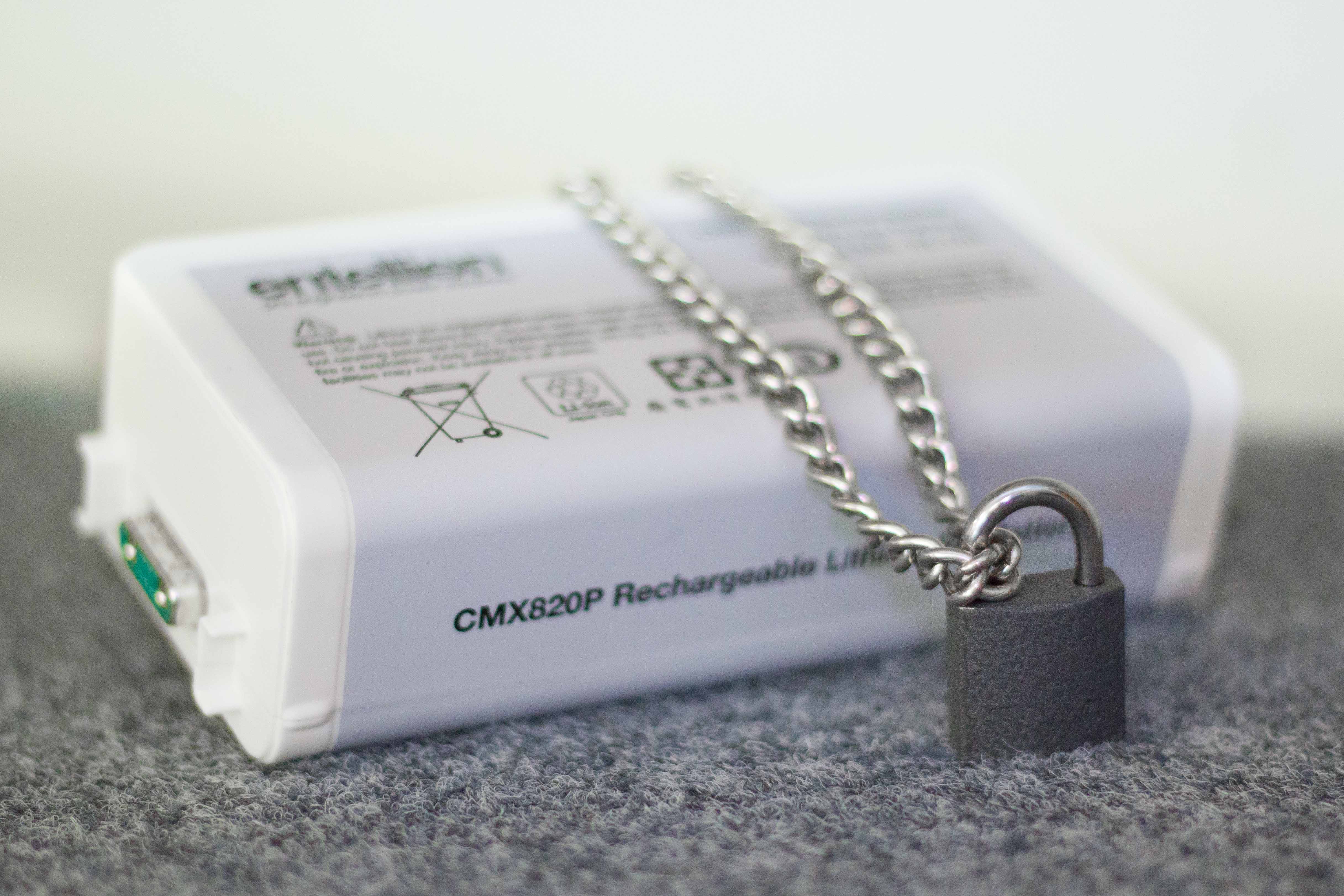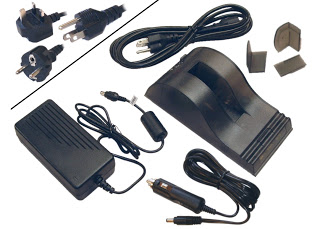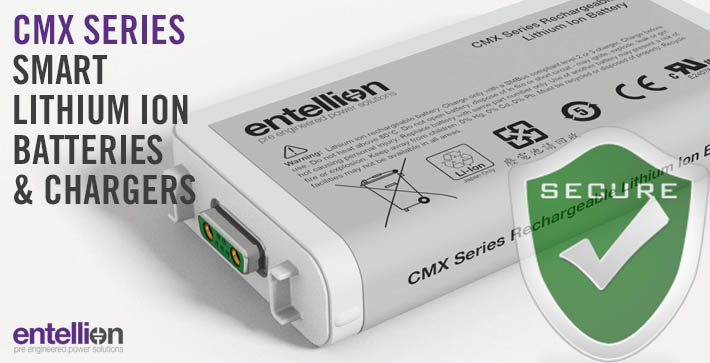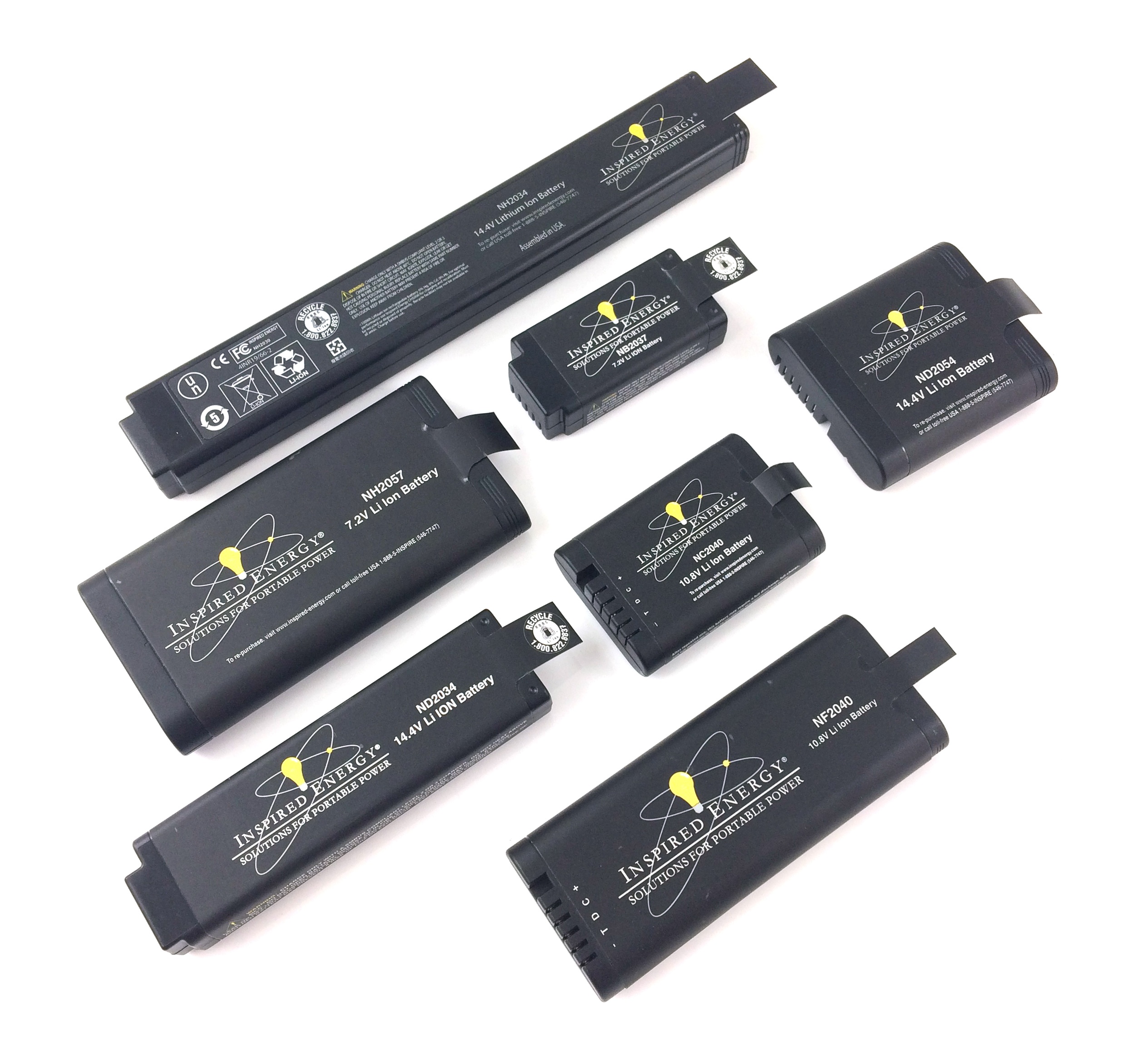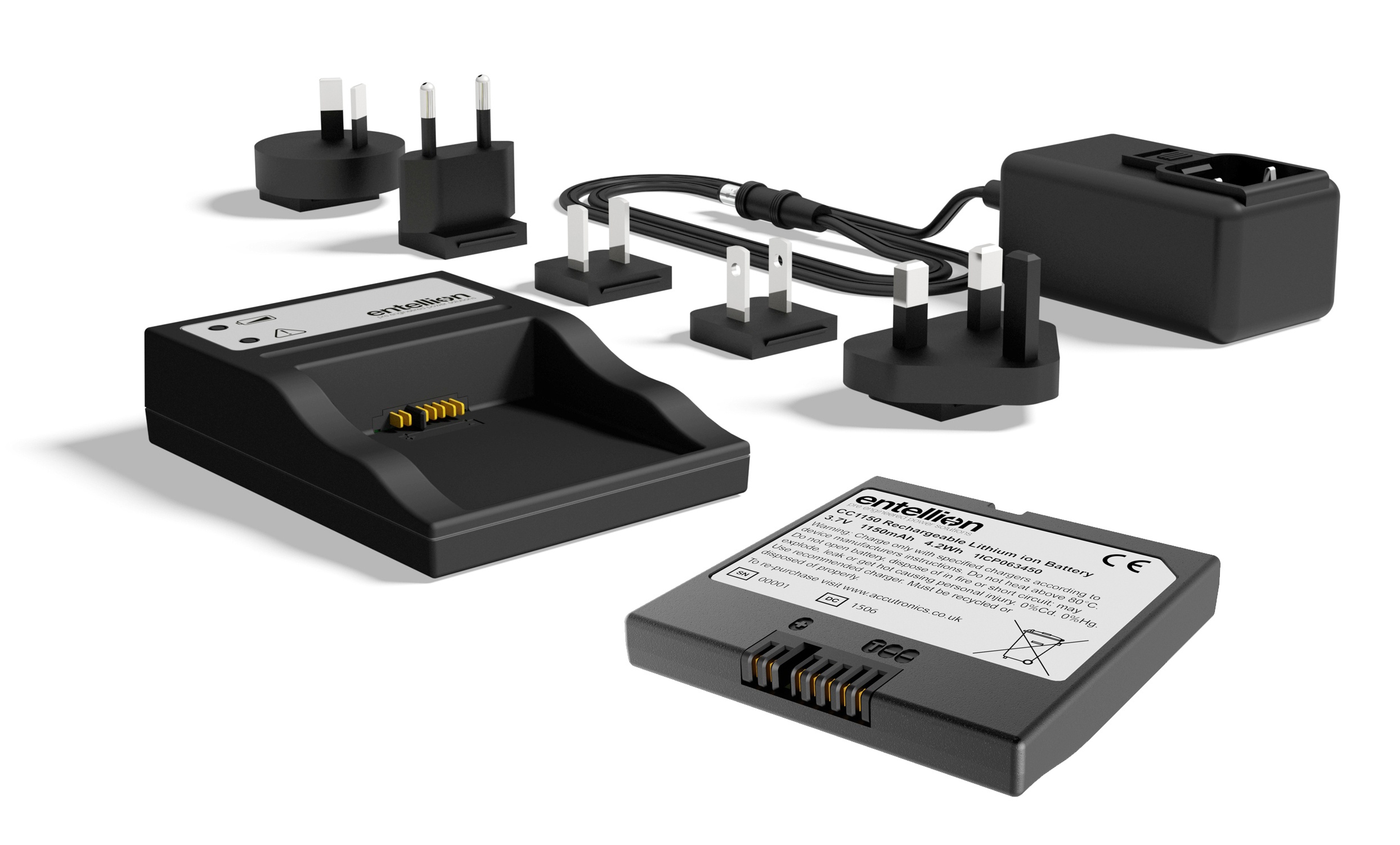Battery specialist Accutronics has upgraded its Staffordshire test facility with a new range of specialist battery testing equipment. The new Maccor model 4200 multifunction desktop cabinet and separate floor-standing temperature chamber rigorously tests batteries for applications ranging from portable instrumentation and medical devices to robotics and defence.
Building better batteries
[fa icon="calendar"] Apr 21, 2016 11:00:00 AM | posted in Products & Services
Safety End Caps for Inspired Energy Batteries
[fa icon="calendar"] Apr 19, 2016 11:30:00 AM | posted in Products & Services
Smart Battery Gadget - 'The Data Reader'
[fa icon="calendar"] Apr 6, 2016 1:00:00 PM | posted in Products & Services
The rechargeable battery industry isn't known for its gadgets but this Smart Battery Reader is a gadget which becomes invaluable once you have one.
The internet of vulnerable things
[fa icon="calendar"] Apr 5, 2016 11:00:00 AM | posted in Cyber security
Every year in Louisville, Kentucky, hackers and security experts gather for DerbyCon. While a get-together of hackers may sound troubling on its own, what’s truly disturbing is what came out of last year’s conference. Medical cyber crime is on the rise, and there are thousands of critical medical devices which can currently be located online and hacked directly.
A guide to safely transporting Lithium-ion batteries
[fa icon="calendar"] Mar 24, 2016 4:00:00 PM | posted in Insider
Accutronics has released a one-page guide about the safe transportation of lithium-ion batteries. Targeted at original equipment manufacturers (OEMs) in the medical, defence and instrumentation sectors, the guide offers five quick steps to ensuring that batteries meet international standards of design, assembly and testing before being packed for shipment.
As well as new changes coming into force from 1 April in relation to the State of Charge (SoC) of batteries transported by plane, the guide also highlights IEC standards, UN testing regulations and special provisions required before batteries can be shipped by plane.
The rise in demand for smaller, more portable devices that require a lot of battery power has resulted in more compact and energy-dense batteries. Customers in industries including medical, healthcare, security, defence and instrumentation are increasingly using feature-laden devices with power hungry features including colour touchscreens, GPS antennas and Wi-Fi radios, more powerful processors and onboard storage.
It can be a challenge to navigate the maze of regulations, for example, batteries in medical applications must meet the requirements of IEC safety testing in addition to the mandatory transportation testing. With the high volume of batteries now being shipped by plane globally, it is important that businesses offering batteries for transport are aware of their responsibilities.
The WiFi wand is no magic solution
[fa icon="calendar"] Mar 17, 2016 9:00:00 AM | posted in Cyber security
Researchers at Dartmouth College in New Hampshire, USA, recently developed a small piece of hardware that enables medical devices to securely connect to WiFi networks. Due to its wand-like appearance, the system has been dubbed the magic wand of MedTech.
Unfortunately, there is little that is magical about the device. While it does address the problem the medical technology (MedTech) and healthcare sectors are facing in regards to cybercrime, there is much more that needs to be done to secure medical hardware.
Need a smart battery charger to use in your vehicle?
[fa icon="calendar"] Mar 1, 2016 2:12:15 PM | posted in Products & Services
For heavy users of batteries the need to charge them is paramount.
Counterfeit batteries – does it really matter?
[fa icon="calendar"] Feb 1, 2016 12:00:00 PM | posted in Medical industry insight
13 High Energy Standard Li-ion Smart Batteries provide longer runtimes
[fa icon="calendar"] Jan 26, 2016 2:01:09 PM | posted in Products & Services
Inspired Energy standard smart batteries have always delivered outstanding performance due to their high energy lithium ion chemistry, accurate fuel gauging and smart charging technology. As customers continue to demand longer runtimes from their power hungry equipment Inspired Energy now offer thirteen Lithium Ion battery models with the latest 3.35Ah Lithium ion cells.
Taking charge of medical design
[fa icon="calendar"] Jan 21, 2016 1:26:19 PM | posted in Products & Services, Exhibitions
Accutronics will be representing the best of British medical component manufacturing at this year’s MD&M West, which is taking place at the Anaheim Convention Centre in California from February 9 – 11. Accutronics will be exhibiting its extensive range of reliable medical batteries and chargers in hall E at booth 470.



